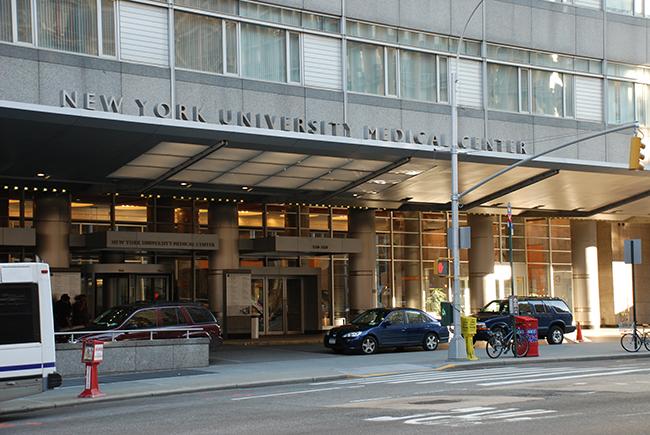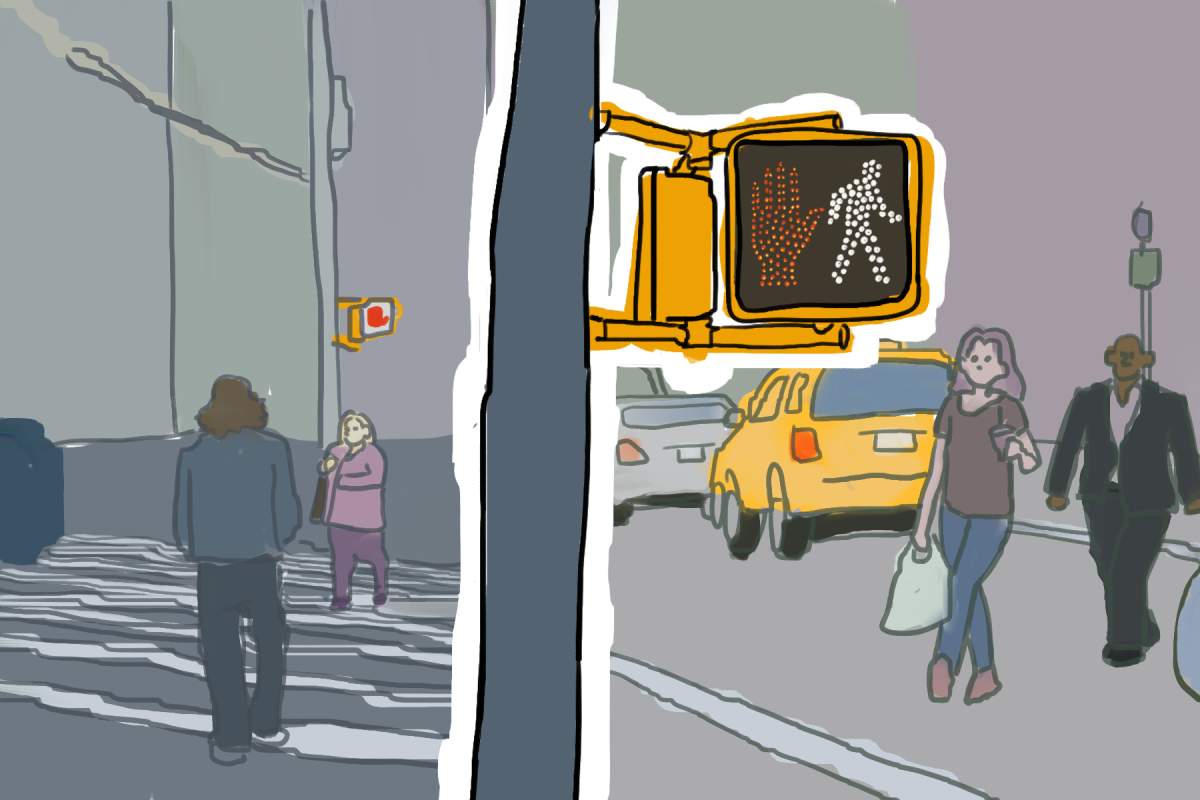NYU Langone Receives $4 Million Grant to Research Women’s Heart Disease
NYU Langone received $4 million to research causes related to heart attacks in women.
March 30, 2016
The American Heart Association awarded the NYU Langone Medical Center a four-year, nearly $4 million grant to research the many aspects and causes of heart attacks in women. The grant was given by the AHA to support the creation of the newly named Sarah Ross Soter Center for Women’s Cardiovascular Research.
NYU Langone is one of five centers who were chosen to receive a grant from the AHA, and selected as a center in the AHA’s new Go Red For Women Research Network.
Vice Dean for Science and NYU Langone Chief Scientific Officer Dafna Bar-Sagi said in a press release that she was incredibly proud that NYU Langone was chosen as part of this important initiative.
“This designation not only enables our cardiac research program to make important strides toward improving cardiovascular health in women, but also recognizes the enormous talent of our clinical researchers who support it,” Bar-Sagi said.
Ultimately, NYU Langone will conduct three interrelated research projects with the grant: a clinical project, a basic project and a population project.
Research Center co-leader Dr. Harmony Reynolds will lead the clinical project which will select women with open arteries who have had heart attacks. These women will then go through artery imaging to better understand what the arteries look like and the reasons for heart attacks with open arteries, as well as cardiac MRI.
“[We aim] to delineate mechanisms of MINOCA, a syndrome which is more common among women, using imaging, comprehensive assessment of platelet biology and measurement of perceived stress,” Reynolds said. “[We will also] investigate the effects of a stress management intervention on stress levels, quality of life and platelet biology among women who have suffered recent myocardial infarction.”
Research team member Dr. Jeffrey Berger will lead the basic project in which he will do research on a cellular level to discover why women are having heart attacks and why certain women have blockages and some do not. He will compare the results with a control group of women with no blockages that did not have a heart attack.
“My goal is to discover the potential scientific mechanism causing these heart attacks,” Berger said.
The third principal project investigator will be Tanya Spruill, who will lead the population project. In this project, she will conduct a random stress management intervention trial for both women with and without blockages that had heart attacks.
Additional investigators include co-leader Judith Hochman, training director Glenn Fishman (the training director), Ed Fisher, Kathryn Moore, Gbenga Ogedegbe, Victoria Vaughan Dickson, Judith Goldberg, Judith Zhong and Nieca Goldberg.
The grant comes into effect April 1 and the projects will end in March 2020.
Email Farhin Lilywala at [email protected].



























































































































































